Face Masks: The Ones That Work and Those That Don't
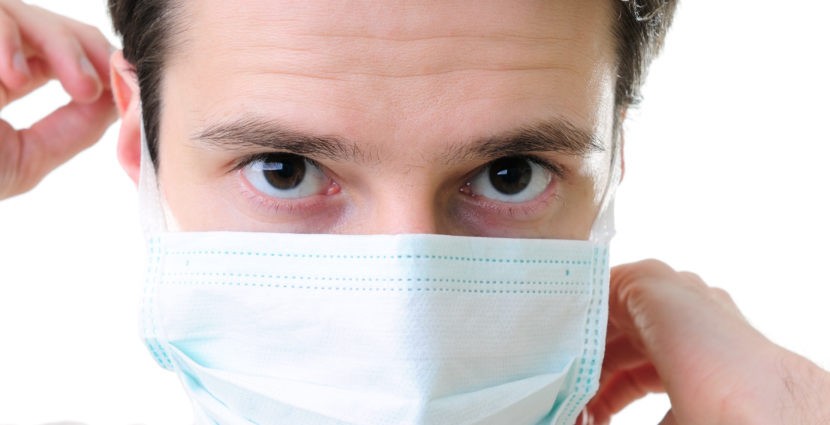
Since the World Health Organization declared COVID-19 as a pandemic, people around the world have clamored for now sold-out or up-cost face masks.
Face masks that you commonly see your dental hygienist wearing are now becoming a part of our basic necessities. No one should leave their house or go anywhere at this time without wearing a face mask.
However, there are appropriate and certain masks that you should wear amid the COVID-19 pandemic. In fact, in the past few days, there have been warnings from the World Health Organization and high-ranking health officials that the wearing of face masks can do more harm than good.
Most people are now buying face masks in bulk and selling them at high prices. This led to a shortage in supplies for frontliners and medical staff. This means that caregivers, nurses, and doctors who are treating COVID-19 patients are now becoming more prone to be infected due to a lack of face masks.
However, not all facemasks are created equally. There are things that you should know as to who should and should not use them and which types. In this time of global health crisis, everyone needs to be reminded about how these face masks are used.
Here are some of the things that you should know according to a recently published medical article:
1. Surgical Mask (Disposable)
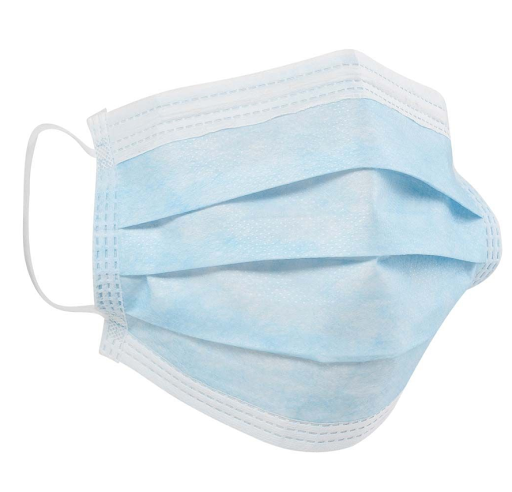
- This is commonly used by surgeons. This can help wearers protect others from getting sick, most especially if the wearer is coughing and sneezing from time to time. However, this does not protect healthy people from acquiring an illness. Take note also that loose fit means a bigger margin of error to get infected. This is advised for sick people to avoid infecting other people and caretakers.
2. N95 Respirator (Disposable)
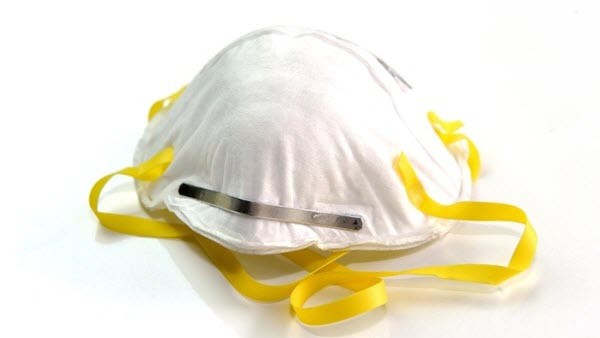
- This is the mask that is recommended for those who are working with dust, mold, medical, and environmental emergencies. This protects a person against particles but not from gases or vapors. This is best recommended only for healthcare workers since the N95 Respirator blocks around 95 percent of airborne particles if worn correctly.
3. P100 Respirator or Gas Mask (Reusable)
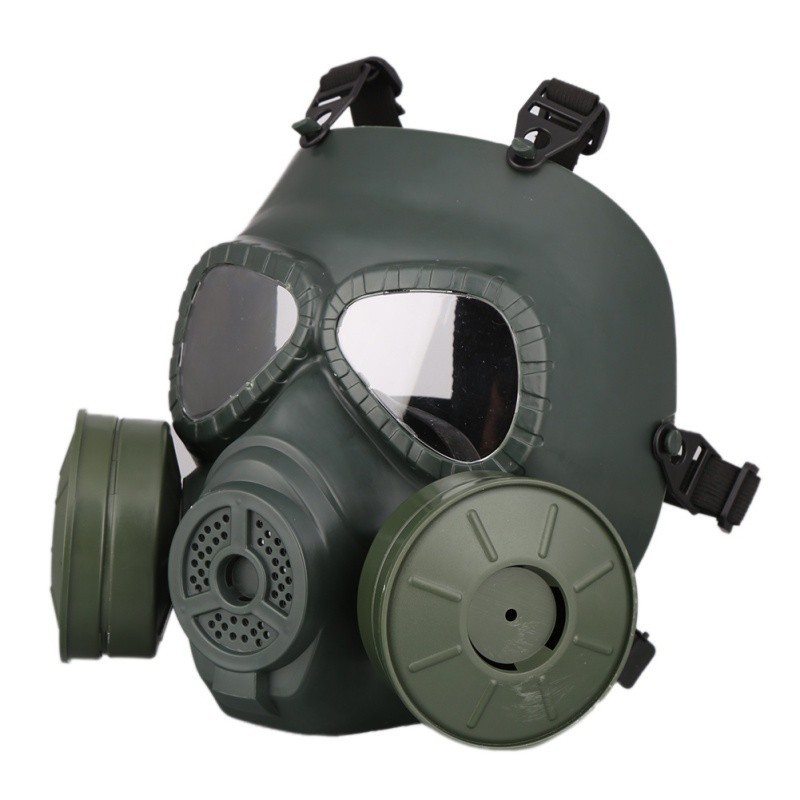
- This is used for military and those who are mostly exposed to painting or woodworking, exposure to lead, asbestos, solvents, and chemicals. This protects laborers from dangerous chemicals. It is also important to note that this is not recommended for COVID-19 patients and health workers.
4. Full Face Respirator or Powered Air-Purifying Respirator (Reusable)
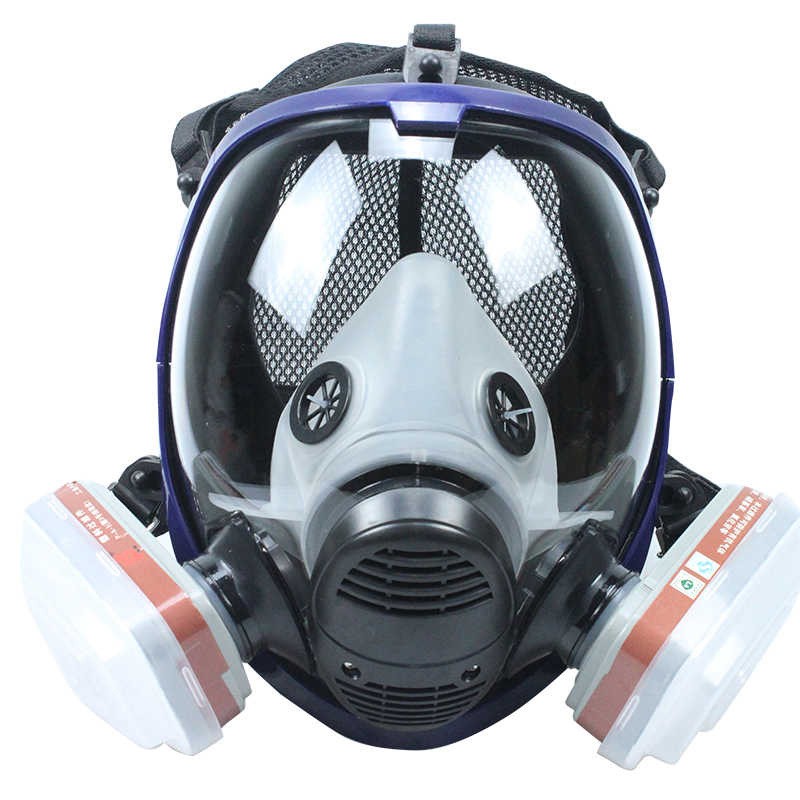
- This is typically used by persons who need protection from gases and vapors. These protect their eyes. Moreover, this is also recommended for those who have breathing problems and robust facial hair. This can be used by people who have difficulties in breathing while using regular masks because some of the Full Face Respirator is powered with an air supply.
5. Self-contained Breathing Apparatus (Reusable)

- This is used by mainly by firefighters. This will keep them protected from dangerously polluted situations. Take note also that this is not advised to be used by COVID-19 patients and health workers.
6. Paper Mask
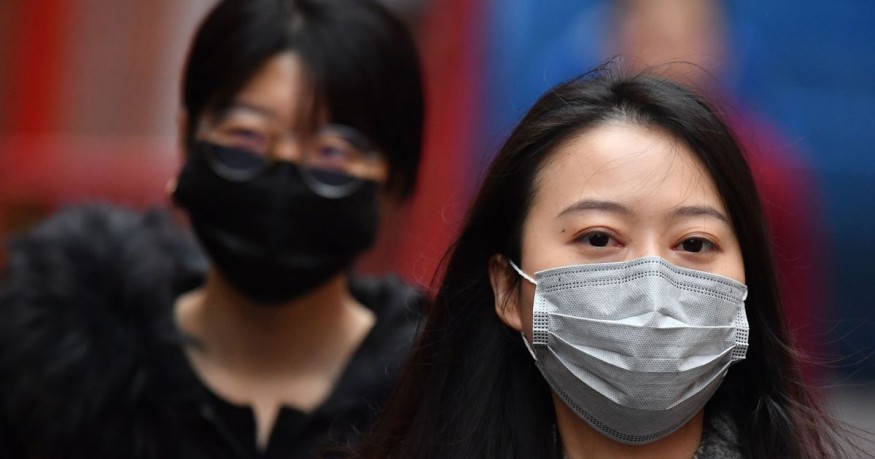
- This does not contain any filter layers. This means that wearing this is more or less useless. Using this will NOT prevent you from being infected by the virus.
7. Pitta Mask
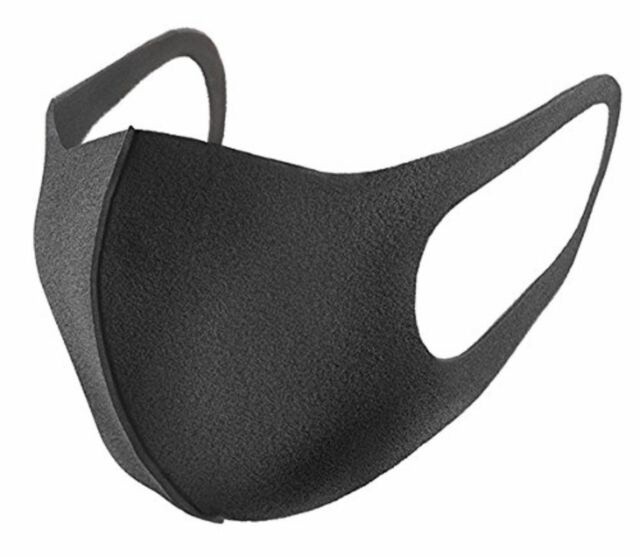
- This is usually used to filter pollen and dust. This is also extremely useless in the present situation. In fact, this is not allowed to be used in Hongkong.
OTHER INFORMATION THAT YOU NEED TO KNOW
- The "N" in N95 means "not resistant to oil" and the 95 means that it can capture 95 percent of the most penetrating particles in the air.
- The "P" in P100 means "oil proof" and the 100 means that it can filter at least 99.97 percent of airborne particles.
- According to U.S. Food and Drug Administration, "While a surgical mask may be effective in blocking splashes and large-particle droplets, a face mask, by design, does not filter or block very small particles in the air that may be transmitted by coughs, sneezes, or certain medical procedures."
It is also important to take note not to buy face masks that do not qualify to the standards. Instead of protecting yourselves, you just expose yourselves to viruses and bacteria. Face masks should have filters that block the entry of airborne particles.
The CDC also said: "Common mistakes included the (metal) clip not being pressed or tightened against the contours of the user's face, straps incorrectly placed, and putting the respirator on upside down."
Subscribe to Latin Post!
Sign up for our free newsletter for the Latest coverage!
© 2026 Latin Post. All rights reserved. Do not reproduce without permission.














